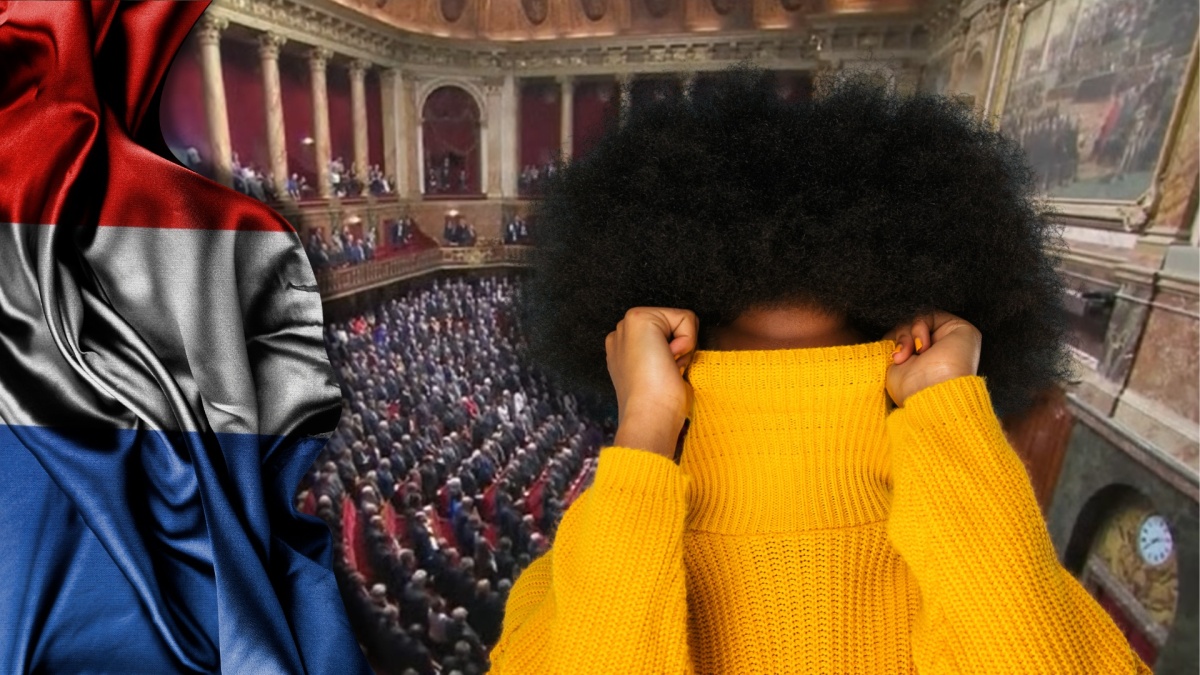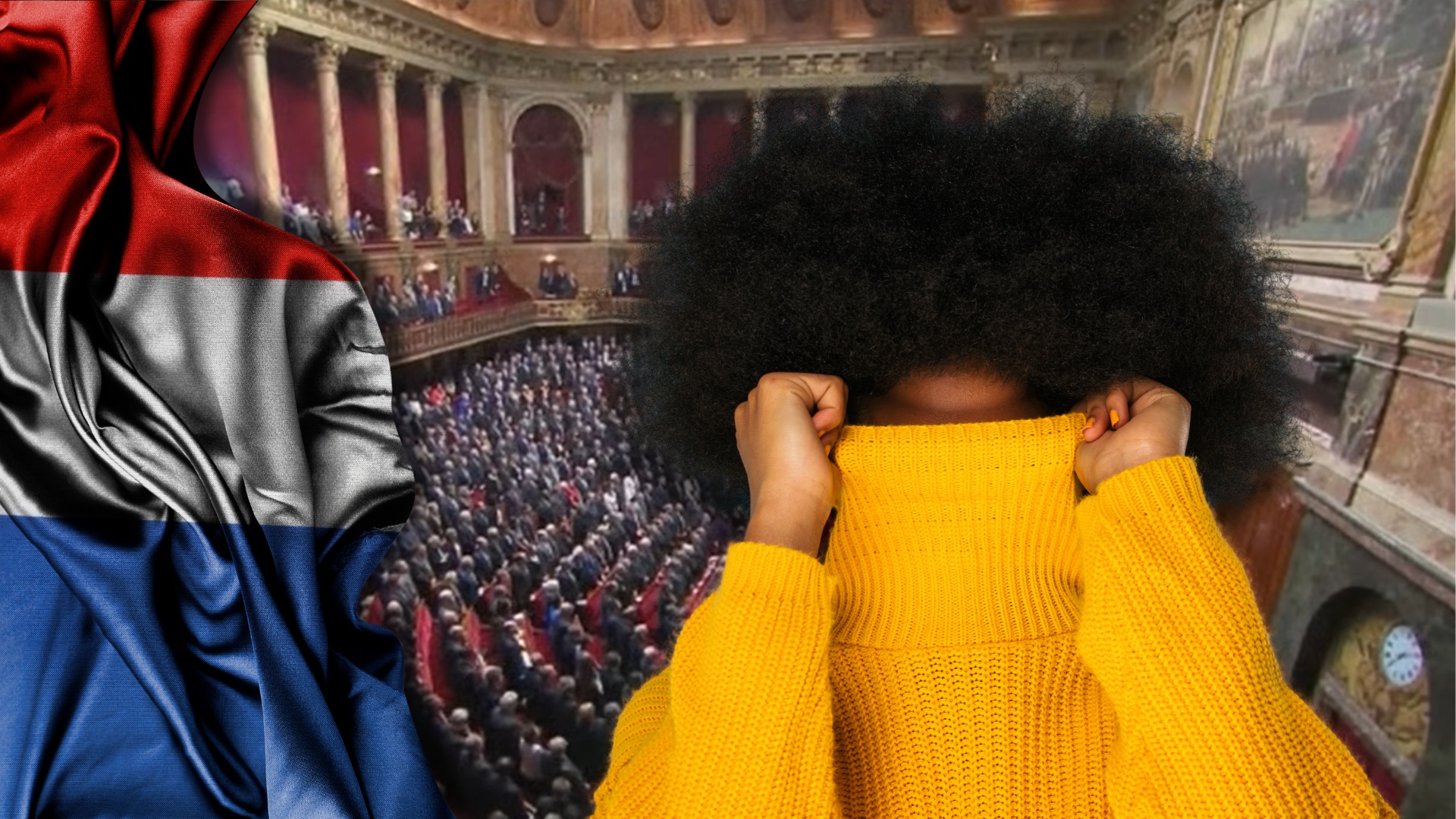
in France A new chapter opens about inclusion and its opposition discrimination, this time did not focus directly on skin color or sexual preferences. This time we're talking about hairstyles. Poetry. second What does the BBC say?In fact, the French Parliament has given the green light to a bill aimed at banning any form of hair-related discrimination in the workplace. The law will now be passed to the Senate, where it will undergo further debate.
This initiative was proposed by the representative Olivier Servantborn in Guadeloupe, France, aims to protect not only people of colour, who may have been discriminated against due to natural hair such as Afros, dreadlocks or cornrows, but also individuals with straight hair. blond, red or Bald people. The aim would be to provide a guarantee against what is called “hair bias”: In practical terms, the law should prevent employers from requiring employees to straighten their hair or cover afros, dreadlocks and braids.
Although the proposal was not explicitly stated discrimination ethnic,The motivation behind it is mainly related to this aspect. Serva was inspired by an American study according to which a quarter of black women reported being excluded from job opportunities during interviews because of their hairstyle.
The aim of the bill will be to support those who fall outside European beauty standards, and who according to some will be vulnerable to discrimination, stereotypes and prejudices. However, the proposal is not without criticism. Some argue that French legislation already prohibits the collection of personal data related to race or ethnicity, following the Republic's “universal” principles. Others highlight how the failure to explicitly use the term “racism” in the law could be problematic, given the frequency of negative comments public figures receive online regarding their physical appearance.
But what cases does the law apply to? Share a journalist with Radio France International Their experience of the pressure of having to present themselves in a “professional” manner while straightening their hair. Her return to nature in 2015 will be a difficult journey, not only on a personal level but also because of the public reaction, which may reflect society's deep-rooted expectations and prejudices.
As for Abou Bakr Traoré, he is an Air France crew member who in 2022 obtained the right to wear his hair. But the decision was based on gender discrimination, as female colleagues were allowed to wear braids.
Did you like this article? Read also
Follow us on our channels

“Reader. Travel maven. Student. Passionate tv junkie. Internet ninja. Twitter advocate. Web nerd. Bacon buff.”




